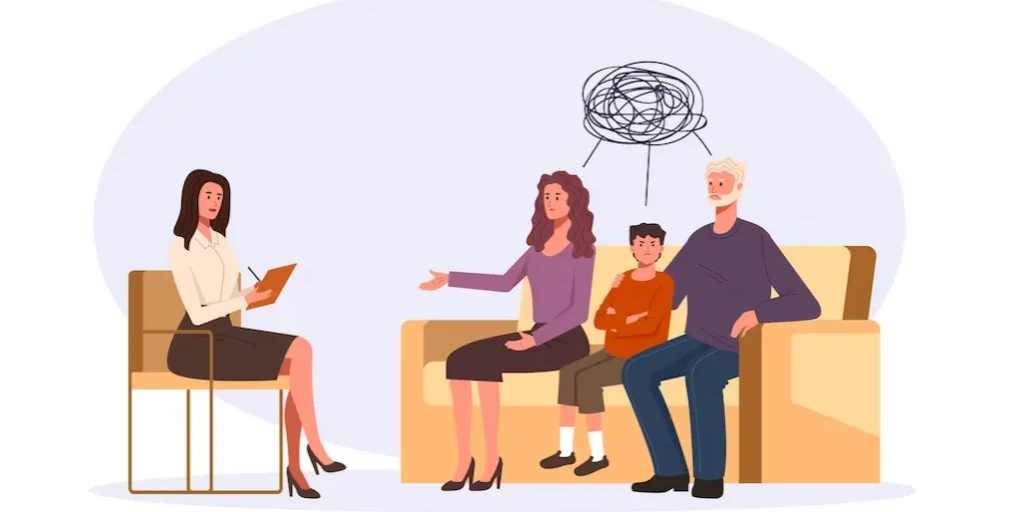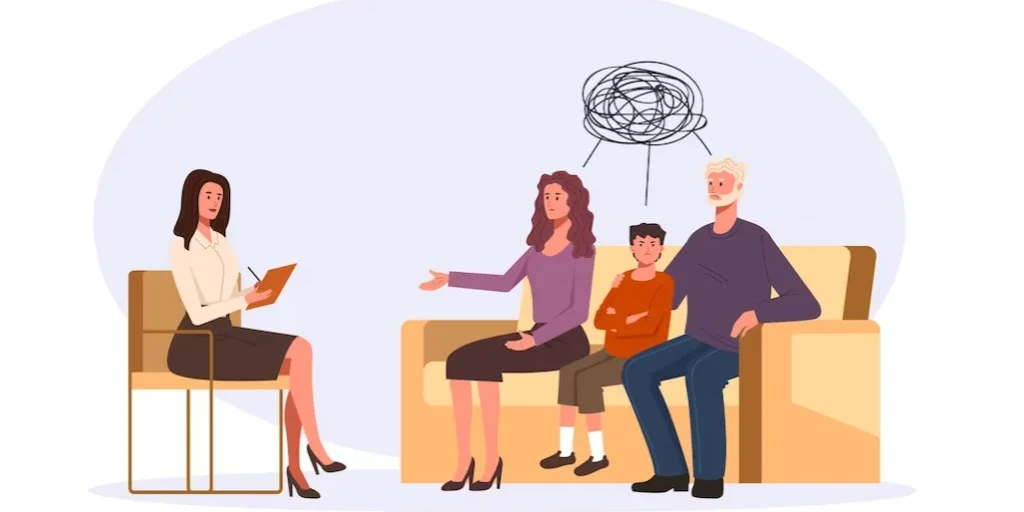24/7 Helpline:
(866) 899-221924/7 Helpline:
(866) 899-2219
Learn more about PTSD Rehab centers in North Miami Beach

Other Insurance Options

Providence

UnitedHealth Group

Highmark

Evernorth

Health Choice

MHNNet Behavioral Health

Sliding scale payment assistance

Health Partners

Cigna

Choice Care Network
Beacon

Lucent

Sutter

GEHA

Carleon

Access to Recovery (ATR) Voucher

WellCare Health Plans

UMR

Absolute Total Care

Magellan

South Beach Detox
South Beach Detox is a drug and alcohol detox center that provides detoxification services alongside...

Douglas Gardens Mental Health Center
Douglas Gardens Mental Health Center - Northeast 125th Street offers outpatient treatment for indivi...

Golden Glades Treatment Center
The Golden Glades Treatment Center focuses on providing drug detox services for those seeking recove...























Golden Palms Residential Treatment
In Miami, Florida, the Golden Palms Residential Treatment (also called Douglas Gardens) center is a ...

Holistic Recovery Centers
Holistic Recovery Centers offers luxury inpatient/outpatient rehabilitation and treatment in Florida...

Transitions Recovery Program
Transitions Recovery Program offers individuals struggling with drug and alcohol addiction a safe re...

Rise Again Recovery and Wellness
Rise Again Recovery and Wellness is a private rehab located in North Miami Beach, Florida. Rise Agai...








